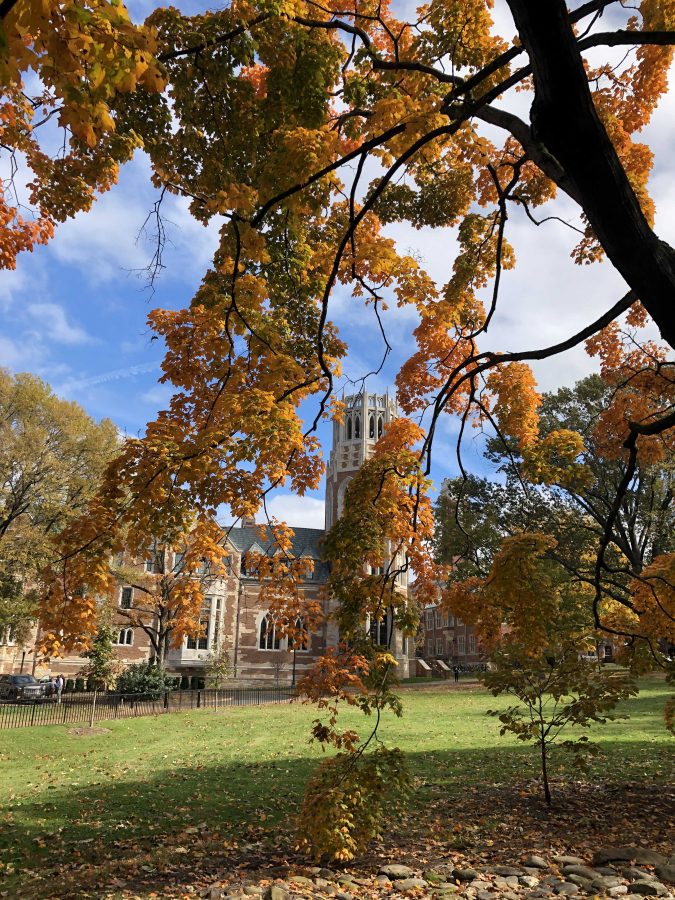Any Vanderbilt student who has lost their Commodore Card can attest to the difficulty of getting around campus without this golden ticket to almost every building and food service facility on campus. A Vanderbilt Student Government (VSG) bill passed April 3 attempts to remedy this often encountered problem, endorsing the creation of a hybrid credential system that will allow students to gain access to buildings and facilities around campus with their cell phones.
The idea to integrate a mobile system for commodore cards came from Freshman Ameer Haider, a student services committee member in VSG. Inspired by other U.S. universities with this technology, such as M.I.T and Duke University, Haider made a survey in the fall to reflect student interest in the movement. Of the 326 students who responded, 97.5 percent said they would be interested in seeing this idea come to fruition.
Institutions without this technology have researched the safety implications of relying on a physical card. Columbia University cited that almost 1600 students were locked out every month from their dormitories, according to a co-sponsor of the bill Jacob Schroeder, Senator of North and West Houses.
“Losing your Commodore Card is a major inconvenience to both students and staff,” Schroeder said. “A hybrid credential system for commodore cards would be a huge solution to that, not only for convenience but for the safety of the students at Vanderbilt.”
Over half of VSG senators co-sponsored the bill that advocates for this tech update, and the bill passed unanimously at the final senate meeting of the year on Wednesday.
Schroeder emphasized how transitioning to implement this system on mobile phones should not require major changes from an administrative perspective. The company that currently manages commodore cards, CBORD, already offers this hybrid credential technology that would allow students to have access to buildings and even see which buildings are open to access through a mobile app.
“I’ve come to Stevenson library to take an econ exam at 2 A.M. and it’s been locked, but I never know for sure because other nights it’ll be open,” Schroeder said. “Now, instead of playing this guessing game I will be able to just check my phone and see if it’s listed as available for entry and unlock it.”
In order to implement the technology, it is up to the Speaker of the Senate Sean Swinford to act as a liaison with administration to facilitate the process. According to Schroeder, Card Services has been pushing this idea to the backburner, so for it to come to fruition it is essential that students voice their support.
“Some other senators have attempted to reach out to administration but have had some difficulty getting responses to emails,” Swinford said. “Our hope is that by passing this bill we demonstrate how serious we are about pursuing this initiative, and that administration will be more prone to respond as a result.”
Moving forward, Schroeder emphasized the importance of the student body coming together to support this movement in order for legitimate correspondence with CBORD to take place.
“At VSG we can only advocate, not implement,” Schroeder said. “For this bill to garner the attention it needs to become a reality, students need to show their support to make this a technologically more modern and advanced university.”













